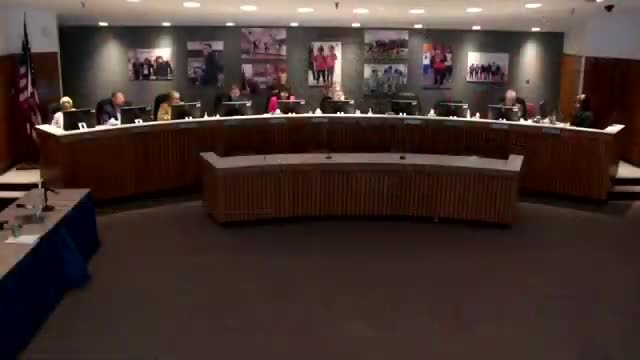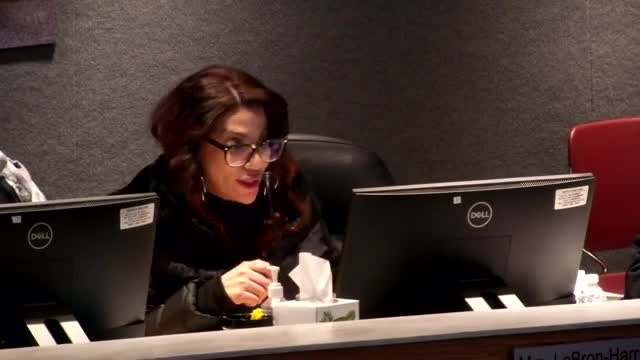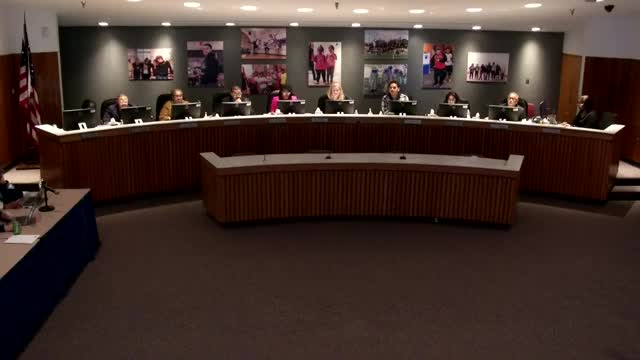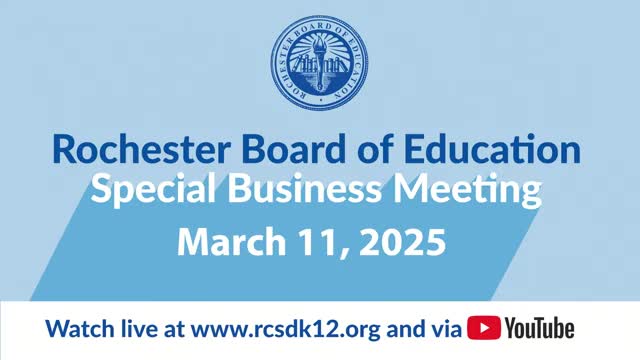Article not found
This article is no longer available. But don't worry—we've gathered other articles that discuss the same topic.

Board bundles and approves multiple resolutions, enters executive session

Interim superintendent reports Q2 financial-plan progress; state monitor praises district caution

District reports 63.3% of ninth-graders on track; chiefs, assessment lead outline credit-recovery and instruction steps

